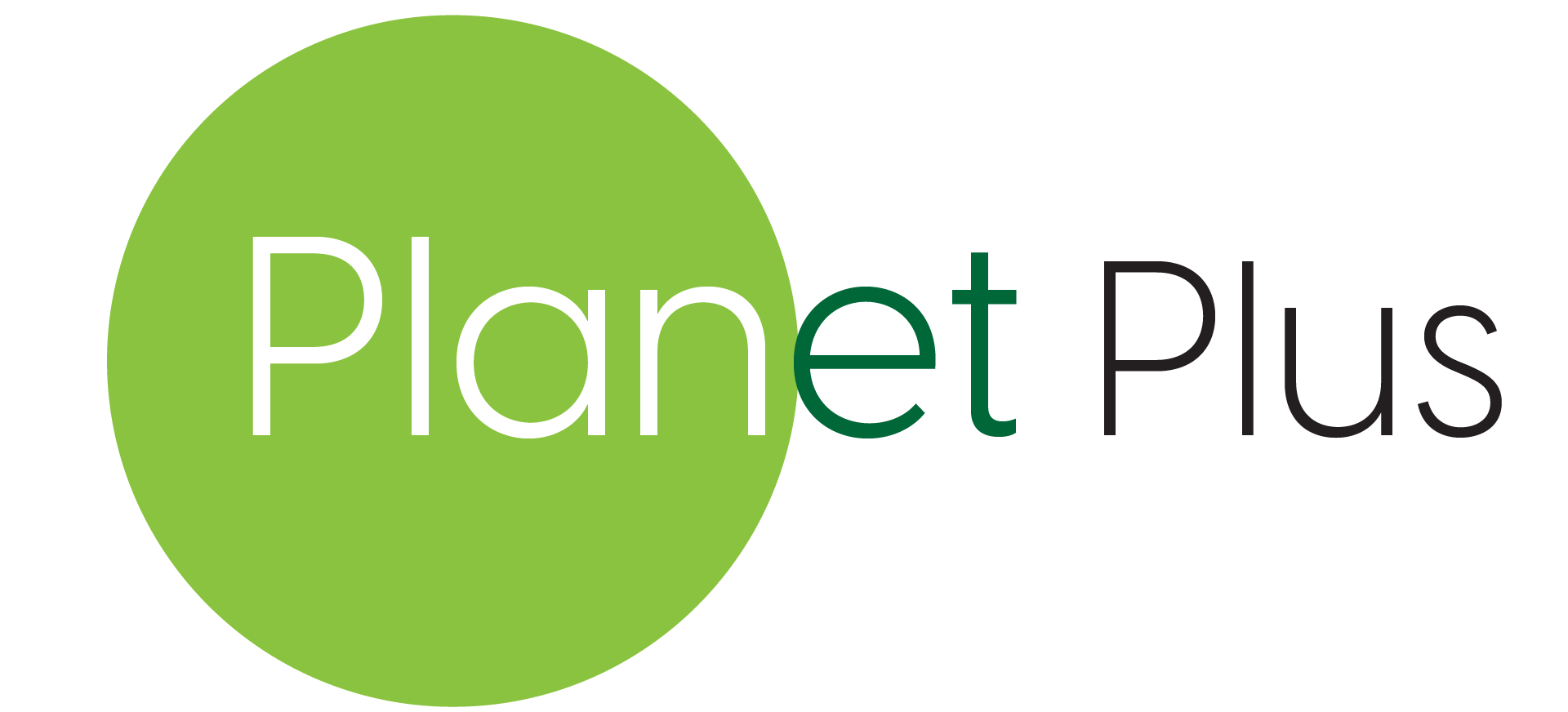Our existence on earth is characterised by a number of things including our ability to consume natural resources while in return generating waste. A concept that was captured in one of Newton’s laws of motion -considering even our resource use is in motion- “there is an equal and opposite reaction for every action.”
Therefore, over time waste has taken many forms just as our consumption patterns change in their complexity. The National Environment Management Authority (NEMA) has in response put in effort to guide the public on how to handle the various types of waste they generate. This Led to the rise of guidelines covered in documents such as the Waste Management Regulation of 2006 and the Sustainable Waste Management Act; 2022, which was reviewed to include a section known as the Extended Producer Responsibility. All this was done to increase the efforts to clean and safeguard the environment for Kenyans.
The same institution has been credited for enforcing the world’s strictest ban -the Plastic Bag Ban of 2017 which saw to the improvement of the cleanliness of the environment. Prior to this plastic bags could be found hanging comfortably from the branches of trees and flying in the streets.
The Ban however was not as strict as it may appear because there was leniency on packaging materials. Plastic garbage bags and food packaging bags were spared. However, early 2024, NEMA announced the intention to ban the use of plastic bags to hold organic waste. Instead waste producers are supposed to accumulate their waste in biodegradable bags which can break down together with the organic waste upon responsible disposal.
It is for this reason that Planet Plus Kenya entered the BeChangeMaker Accelerator programme to be mentored on their new business idea that will transition the waste management process for Kenyans. Our biobags look to ensure waste is segregated at the source with emphasis on organic waste which can affect how the rest of the waste is handled. Organic waste also if retrieved from the rest of the waste can prove useful for it can be composted and utilised as organic fertiliser.
Hence, the product that the team at Planet Plus Kenya is working on looks to push for sustainability and circularity in solid waste management by ensuring communities understand the various types of waste that they generate. The organisation hopes to give waste more life as opposed to discarding it and further putting pressure on the already overwhelmed landfills.
The product will be made of polyvinyl alcohol (PVA), which is usually made from crude oil but our production partner found another way to produce the raw material sustainably without depending on fossil fuel. The environmentally friendly product will be sold to waste collectors who are licensed by NEMA to distribute garbage bags, and will ensure that organic waste does not mix with the other categories of waste thus allowing for recycling and reuse of the rest of the waste. Planet Plus Kenya which was recently informed about making it to the top 15 teams in the accelerator programme, has identified and hopes to collaborate with organisations such as Takataka ni Mali and Takataka Solutions who make use of organic waste to produce organic fertiliser.
The organisation is in the process of adopting Mukuru kwa Ruben (not a spelling mistake) through its partner a youth led Community Based Organisation called Biupe Innovators. Through the resident CBO, we will carry out sensitisation of community members in the informal settlement and install waste segregation facilities. This will be done in the effort to increase sustainable waste management practices in urban centres and to halt the pollution that has been witnessed so far. At the same time, waste recyclers and waste pickers in the said informal settlement will be engaged actively so they can collect the waste of their choice in a timely manner.
Planet Plus Kenya understands that timely waste collection contributes greatly to the success of the waste collection process, thus it will lobby the county government of Nairobi to ensure that organic waste especially, is collected promptly to avoid attracting vermin and odour. This will be complemented with efforts from private companies mentioned above that are involved in waste collection and utilisation. “Our aim is to make sure that as a team we get to model a waste management process that works and enforces principles of circularity thus collaboration with various stakeholders along the waste managed chain will be very necessary,” said Idah Odeka head of urbanism, circular economy and sustainable development.
It is important to note that organic waste accounts for 80% of waste generated. Making it important to separate organic waste from the rest of the waste with the aim of salvaging both the organic and inorganic waste. Thus, segregation makes a big difference in the waste management process and should be the first step towards effective waste management because it gives all the categories of waste a chance to be repurposed.
Organic waste is known to begin to decompose within a day of being discarded and can therefore transfer microbes to the other waste thus reducing its chances of being repurposed. The lack of awareness and adequate facilities has made it a challenge to separate waste where it is generated. That’s why Planet Plus Kenya is working to launch alternative packaging that will make handling organic waste less cumbersome.
Once we launch the product, customers will be able to check out the product through our website, make inquiries through our social media pages
